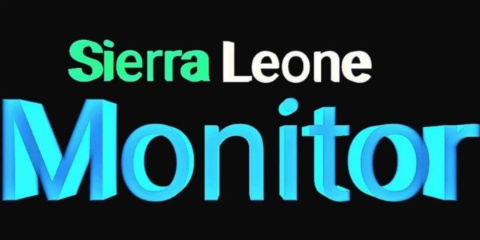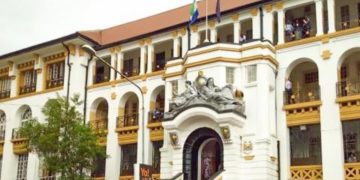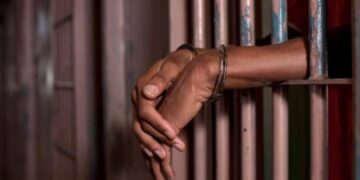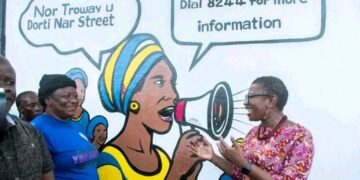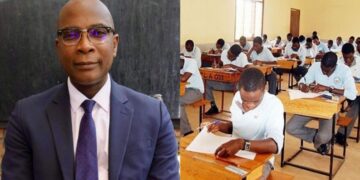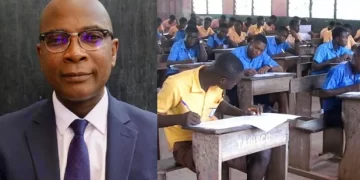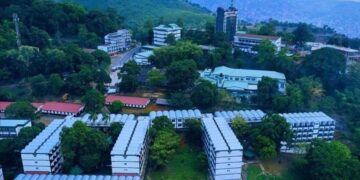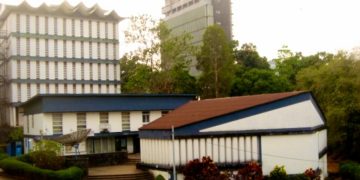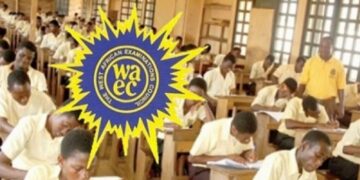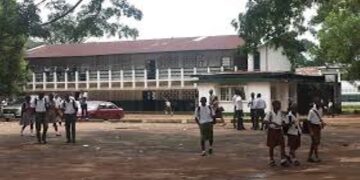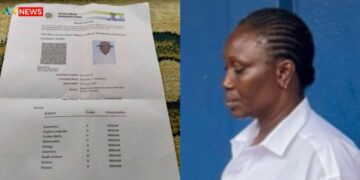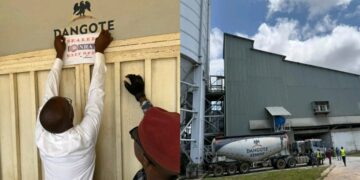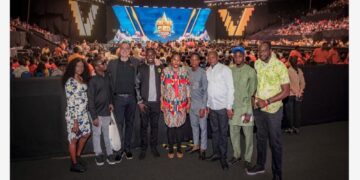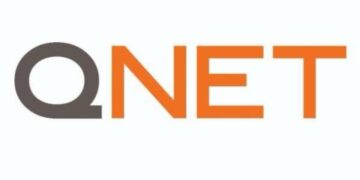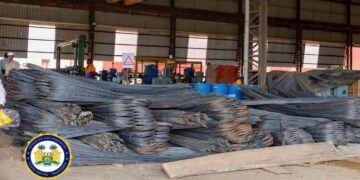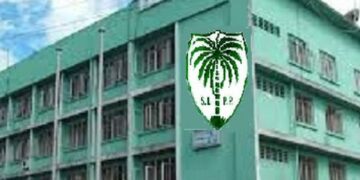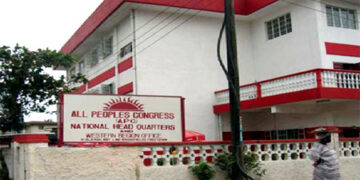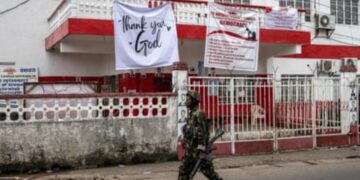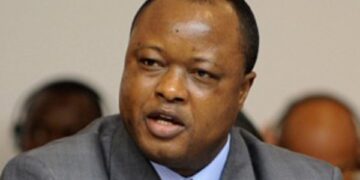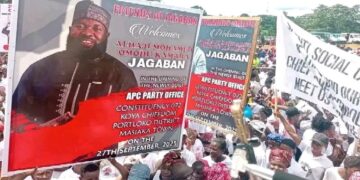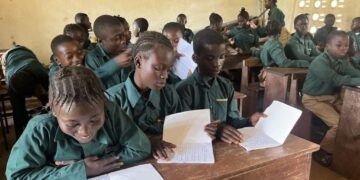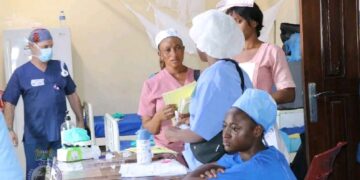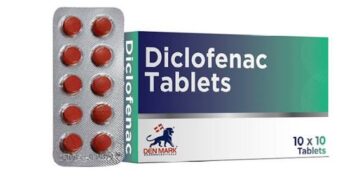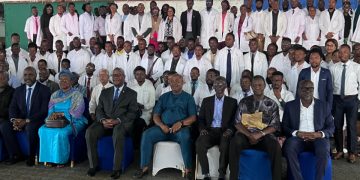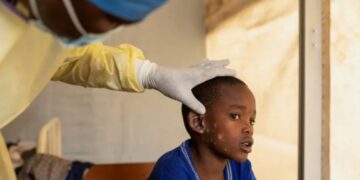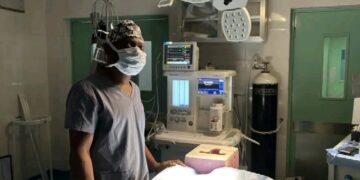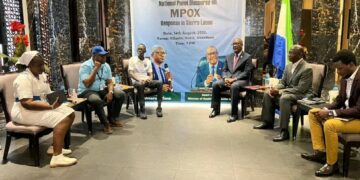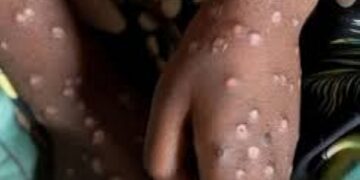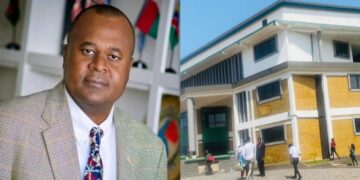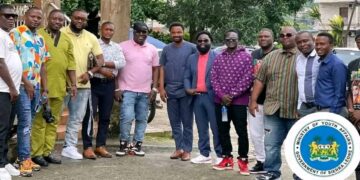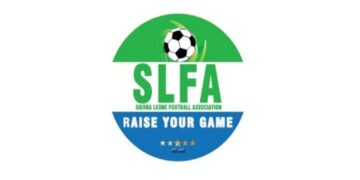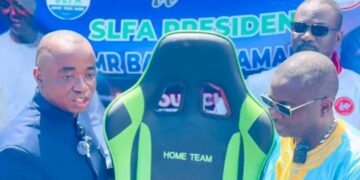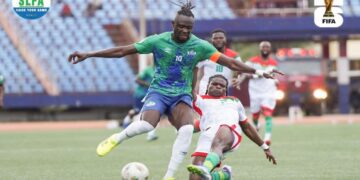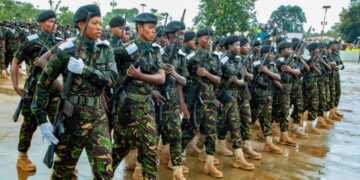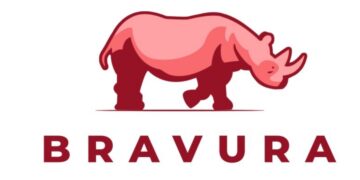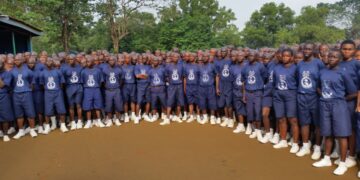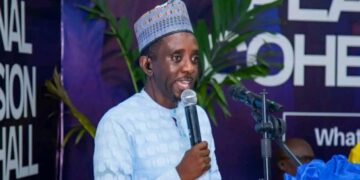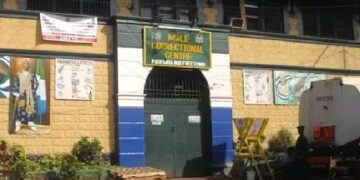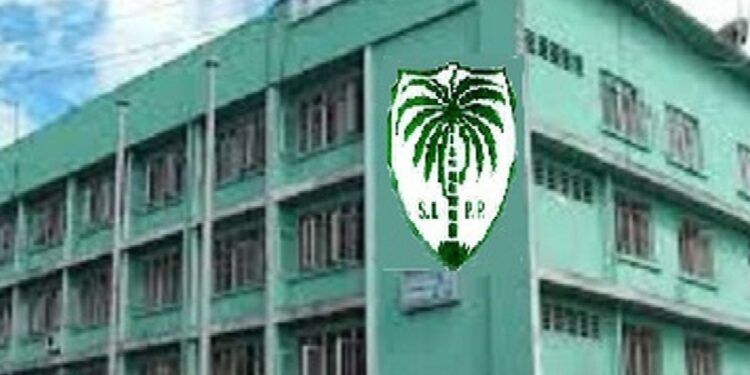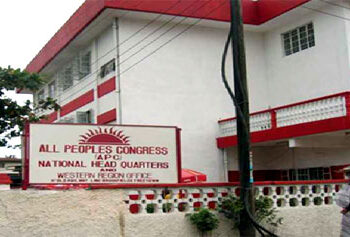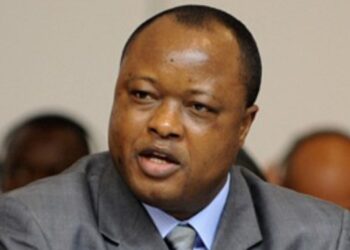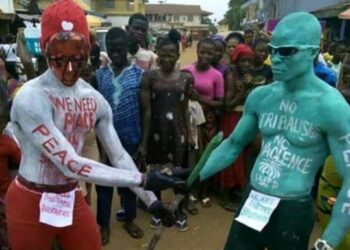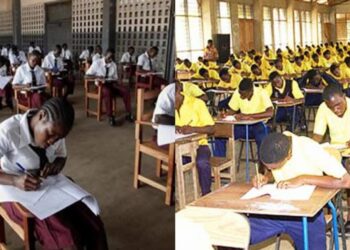Freetown, Sierra Leone – November 25, 2025 – In a stern move to curb inflammatory political rhetoric, the Political Parties Regulation Commission (PPRC) has fined the ruling Sierra Leone People’s Party (SLPP) NLe150,000 ($6,000) for violating Section 39(1)(d) of the Political Parties Act No. 25 of 2022.
The penalty stems from provocative comments aired by SLPP spokesman Wusu Dadiddah Jalloh during a Monday evening broadcast on Liberty Online Television, which the commission labeled as “incendiary and inciting” to public unrest.
The incident unfolds against a backdrop of escalating partisan friction in Sierra Leone, just three years out from the 2028 general elections. The SLPP, which secured a narrow victory in the contentious 2023 polls amid allegations of irregularities, has faced mounting criticism for its handling of internal democracy and public discourse.
The PPRC’s action marks a rare public rebuke of the governing party, which has historically enjoyed a perceived leniency from the regulator compared to opposition groups like the All People’s Congress (APC).
The Broadcast That Sparked the Fine
On November 24, Jalloh, a prominent SLPP communicator and official spokesman for the Office of the First Lady, appeared on Liberty Online Television, a popular independent outlet known for its mix of political analysis and live debates. During the segment, Jalloh allegedly made statements that the PPRC deemed to cross the line into hate speech and incitement, breaching provisions under Section 39(1)(d) of the 2022 Act. This section prohibits political parties and their affiliates from engaging in conduct that “promotes hatred, violence, or discrimination based on ethnicity, religion, or other protected characteristics,” aiming to safeguard national peace in a country scarred by a brutal civil war from 1991 to 2002.
While the exact phrasing of Jalloh’s remarks has not been publicly released by the PPRC, sources close to the commission describe them as targeting opposition figures and “fomenting division” in the wake of recent economic protests in Freetown. Jalloh, who has been a vocal defender of President Julius Maada Bio’s administration, has previously advocated for workers’ rights in Kono District disputes but has drawn fire for his unfiltered style.
In a May 2025 statement, he clarified the First Lady’s involvement in a labor row at Koidu Holdings as citizen advocacy, not official interference, a pattern of blending personal and party roles that critics say blurs ethical lines.
The PPRC’s swift response, announced less than 24 hours after the broadcast, underscores its mandate under the 2022 Act to monitor media appearances by party officials and enforce penalties for violations that could “corrupt public morals or breach the peace,” as seen in prior cases against the APC in 2023.
A Repeat Offense: Ignoring a Fresh Caution
This is not the SLPP’s first brush with PPRC scrutiny this month. Just two weeks prior, on November 11, the commission issued a formal cautionary letter to both the SLPP and APC, urging restraint amid a surge in hate speech during public rallies and social media exchanges. The letter, sent following an emergency meeting at PPRC headquarters in Freetown, highlighted “accusations and counteraccusations dominating public discourse” and called for renewed commitment to peaceful dialogue. Representatives from both parties attended and pledged compliance, with SLPP delegates reaffirming their dedication to “fostering unity.”
The PPRC emphasized in its latest statement that the SLPP’s breach constitutes a “deliberate contravention” despite the recent warning, echoing language used in earlier fines against the APC for similar inflammatory conduct. Under Section 39(2)(b) of the Act, fines like this can escalate to suspension or deregistration for repeat offenders, though the commission stopped short of such measures here. The SLPP has 14 days to pay the penalty, failing which further sanctions could follow.
Broader Context: PPRC’s Balancing Act in a Polarized Landscape
Established under the 2022 Political Parties Act to promote intra-party democracy, accountability, and fair play, the PPRC has been both praised and pilloried for its role in Sierra Leone’s fragile multiparty system. The legislation, enacted ahead of the 2023 elections, empowers the commission to oversee internal party polls, mediate disputes, and penalize violations – reforms hailed by international observers like the European Union Election Observation Mission for enhancing transparency.
Yet, accusations of bias persist. Opposition voices, including APC leaders, have long claimed the PPRC acts as a “gatekeeper for SLPP dominance,” citing its hands-off approach to ruling party internal elections earlier this year. In March 2025, the SLPP controversially withdrew PPRC oversight from its lower-level polls after the commission recommended re-runs in districts like Bo and Kenema due to acknowledged irregularities. The PPRC acquiesced but stressed adherence to democratic norms, sparking debates on the regulator’s independence.
Grassroots SLPP supporters, meanwhile, are rallying around Vice President Mohamed Juldeh Jalloh, a political scientist and UN veteran, as a potential 2028 flagbearer, praising his “humble” bridge-building across North-South divides. Jalloh, who rose from Kono’s backroads to the vice presidency in 2018, embodies the party’s push for inclusivity, but incidents like this fine risk alienating moderates.
As Sierra Leone grapples with inflation, youth unemployment, and post-2023 election grievances, the PPRC’s enforcement signals a zero-tolerance stance on rhetoric that could ignite unrest. Political analyst Dr. Aminata Fornah noted, “In a nation still healing from tribal fault lines, words are weapons. This fine is a wake-up call for all sides to prioritize peace over provocation.”
The SLPP has yet to issue an official response, but party insiders hint at an appeal. For now, the clock ticks on the fine, and on Sierra Leone’s test of democratic maturity.
